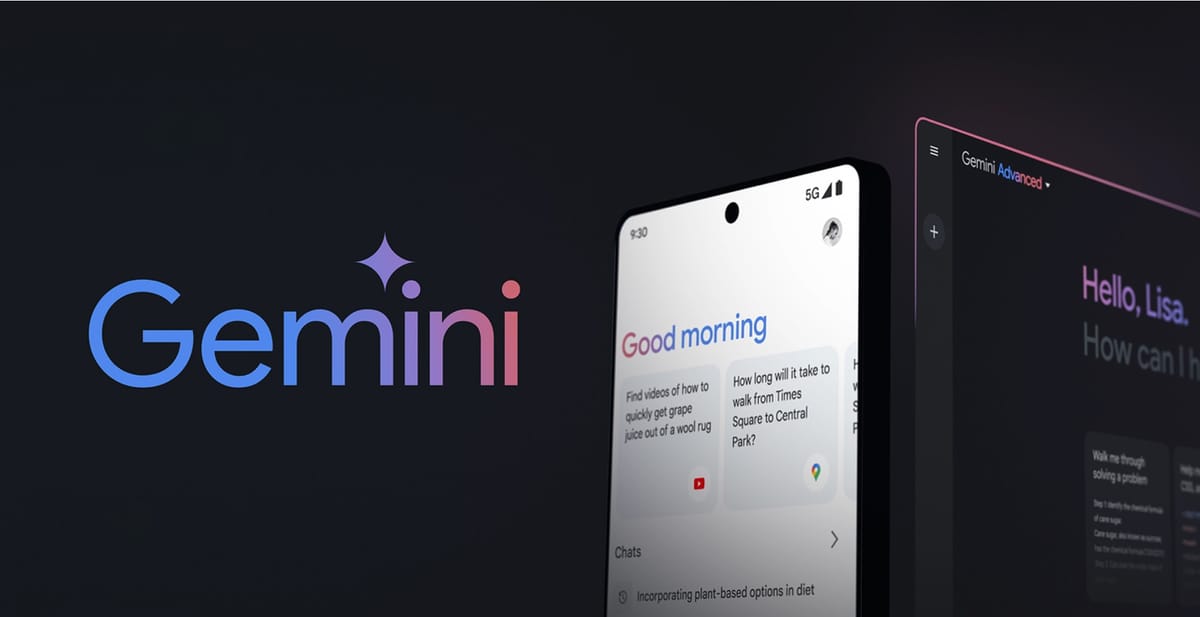Gemini AI by Google Offers Customized Results According to Your Search Queries

Google’s Gemini: Enhancing Personalization in AI
Google’s AI model, Gemini, is becoming more tailored to individual users. Recently, the company announced that a new personalization feature will allow the AI chatbot to utilize your search history. This enhancement aims to create deeper and more relevant responses based on users’ specific interests and prior queries.
How Personalization Works
According to Google, this new feature will analyze your past searches and queries. By cross-referencing this data, Gemini will provide responses that are especially relevant to you. As highlighted in their blog post, the goal is not just to answer general questions but to gain a better understanding of the user’s preferences. Google reassures users that it will only reference previous searches when it can significantly improve the quality of the response.
The following points summarize the key aspects of how Gemini’s personalization will work:
- Contextual Relevance: The AI will adapt its responses based on your individual interests.
- Selective Usage of Data: Your search history will be referenced only when deemed helpful by the AI’s reasoning models.
- User Feedback: Google plans to continue collecting user feedback to refine the usefulness of this personalization feature.
Some examples provided by Google include questions like:
- “Where should I go on vacation this summer?”
- “I want to start a YouTube channel, but I need content ideas.”
These examples illustrate how the AI might tailor its suggestions based on previous knowledge of the user’s interests.
The Trend of Personalization in AI
The move towards AI personalization is reflecting a broader trend among technology firms, particularly with OpenAI, the creator of ChatGPT. These companies are working to make AI more intuitive and context-aware, aiming to better meet user needs and preferences.
Gemini’s personalization feature is powered by an experimental model known as Gemini 2.0 Flash Thinking. This model will not only improve response quality but will also outline the reasoning behind the AI’s answers, showing which data it used from prior searches. Importantly, Google will request explicit permission before utilizing any of your search history or connecting with other apps.
This feature will initially be available as an experimental tool for Gemini and Gemini Advanced subscribers, accessible via web browsers in over 45 languages, with plans to extend to mobile platforms in the future.
The Deep Research Tool
Along with the personalization feature, Google unveiled its Deep Research Tool, which will be available to all Gemini users at no cost. Launched in December, this tool acts as a personal AI research assistant. It can quickly search the web and synthesize information, saving users time by providing concise insights on various topics. This is similar to a feature offered by OpenAI.
The integration of the newly upgraded Deep Research with Gemini’s advanced reasoning model is aimed at enhancing the overall quality of research reports.
Importance of User Trust
As technology progresses, the balance between personalization and user privacy becomes increasingly critical. Jitesh Ubrani, an analyst at IDC, emphasized that enhancing personalization could drive greater engagement with AI technologies. However, he cautioned against potential privacy concerns.
To maintain user trust, Ubrani suggests that companies like Google must provide tools that empower users to control their data. Most importantly, users should have the choice to opt into these features rather than being automatically enrolled.
Key Takeaways
- Google’s Gemini AI is getting smarter and more personal through advanced features that utilize search history for better user interactions.
- This is part of a wider trend in technology to create AI that understands individual user preferences more deeply.
- User privacy and trust must be prioritized as personal data is utilized for improving AI functionalities.






